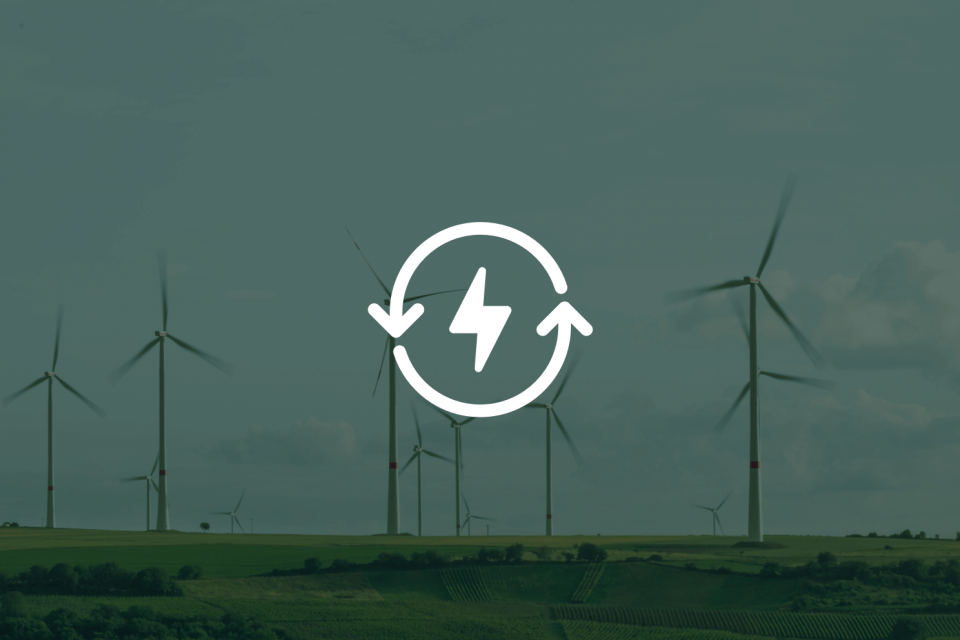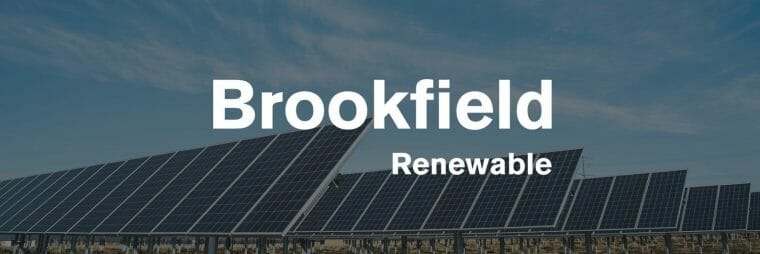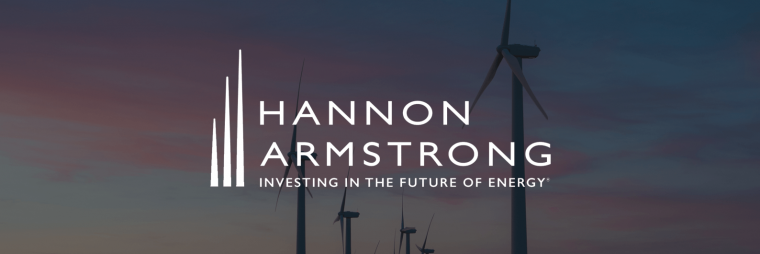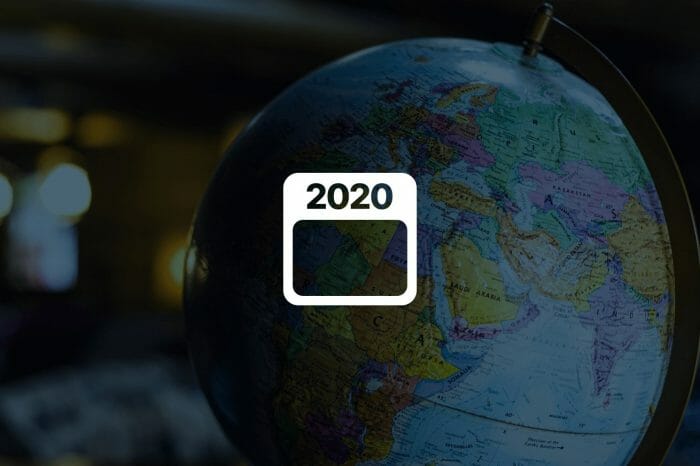Going Green for the World and Your Portfolio

If a healthcare company that pays a rising dividend was accused of mistreating its patients, would you buy it on a pullback? Would you invest in a small-cap solar energy utility or a giant oil company?
Of course, every investor wants to make money, but our values influence what we buy. More and more investors are putting their money into environmental, social and corporate governance (ESG) stocks. These are companies that boast high environmental, social and governance scores. They either have robust environmental practices, like reducing their waste; offer safe working conditions; enforce gender parity at the executive level; and/or maintain transparent accounting practices.
Skeptics may ask, doesn’t ESG reduce company profits?
The answer: no.
Just compare the charts of Canadian oil stocks (i.e. Suncor, CNQ, Whitecap) with renewable energy stocks (Algonquin, Northland Power, Brookfield Renewable) and see which shareholders are richer.
Another answer, one with long-term implications, is that younger investors are investing their money in ESG.
A recent study by the Royal Bank and The Economist states, “Younger investors are more than twice as likely to adopt an ethical approach to investing as older investors….with more than four fifths of younger investors viewing it [ESG] as increasingly important.” Those millennials are the future of stock markets.
So, follow the money and do good. Here are some ways:

Part of the highly regarded family of Brookfield stocks, BEP’s portfolio of hydro, wind and solar energy companies spans North America, Colombia, Brazil, Europe, India and China. In 52 weeks, BEP has leapt from $33 to $60, returning 64% over the past 12 months and easily outpacing the TSX. BEP currently pays a 4.6% dividend yield and boasts a 36-month Beta of 0.80.. Tim Nash, who specializes in ESG investing, strongly recommends this (and green utilities in general), noting that older investors who can’t find yield from current low interest rates are turning to this sector instead. Larry Berman seconds that notion.
Sustainable energy is a solid long-term hold
Nash does warn that if a downturn does not happen, investors may shift their money into growth stocks instead, but he believes sustainable energy is a solid long-term hold. Add now or enter on a pullback, say Christine Poole and James Telfser. BEP.UN is one of those rare stocks to receive unanimous buy signals from analysts. (For more information on green utilities, see our recent Battle of the Stocks: Canada, Round 2

Like it or not, the future of this planet relies more and more on fresh water.
Michael Burry, who called the subprime lending meltdown way ahead of anyone else and made a fortune in shorting it, is now investing in water. According to Christine Poole, Xylem is an excellent way to play this resource. Xylem repairs and upgrades aging water infrastructure in North America, and builds new systems in emerging markets which comprise 20% of its business.
Buying opportunity
In 2016, Xylem bought Sensus, a company that offers smart metering for water as well advanced analytics. This acquisition improves Xylem‘s operating efficiency. The company boasts robust secular growth as well as a high ESG score of 78 (in the 96th percentile). Year-to-date, Xylem is up 14%, though has recently suffered a pullback (from $85 to $75), which Poole interprets as a buying opportunity.
Over five years, Xylem has returned exactly 100%, annualized to a whopping 20%. It pays a modest dividend of 1.2%.

Some may be surprised to see a tech giant on this list, but Apple actually scores in the 99th percentile for environment, largely for issuing a $1 billion green bond in 2017 to finance clean energy and environmental projects.
High ESG scores to protect their reputation
Elsewhere, Apple scores decidedly lower in social and governance, in part because Chinese manufacturing partners mistreat their employees (social) and in evading income taxes (governance). All in all, Tim Nash would still be happy buying Apple shares. He explains that giants like Apple need to maintain high ESG scores to protect their reputations. After all, a lot of millennials, who drive ESG investing, believe in the Apple brand and its values.
As for Apple stock itself, what more is there to add about one of the most coveted and successful stocks of all time? In the past year, shares have rocketed from $164 to $267 (surpassing its target price of $253), and the company boasts a market cap of $1.195 trillion (with a T), even as it valuation remains steady, notes Don Lato. Its cloud services, iPhone, app stores are all thriving. Apple is doing good and making money.

Hammond Armstrong Sustainable Infrastructure
There are even ESG REITs, like HASI. HASI invests in energy efficient and green energy projects in the U.S. It pays a robust 4.58% dividend yield and has returned 113% over five years or over 22% annualized. Its one-year return is in line with American indices at over 23%. If stocks or REITs aren’t for you, then consider an ETF, such as the Change Finance U.S. Large-Cap Fossil Fuel Free ETF.
This is for those who want to invest in the broad S&P without dirtying their hands in oil or weapons. More details here.



